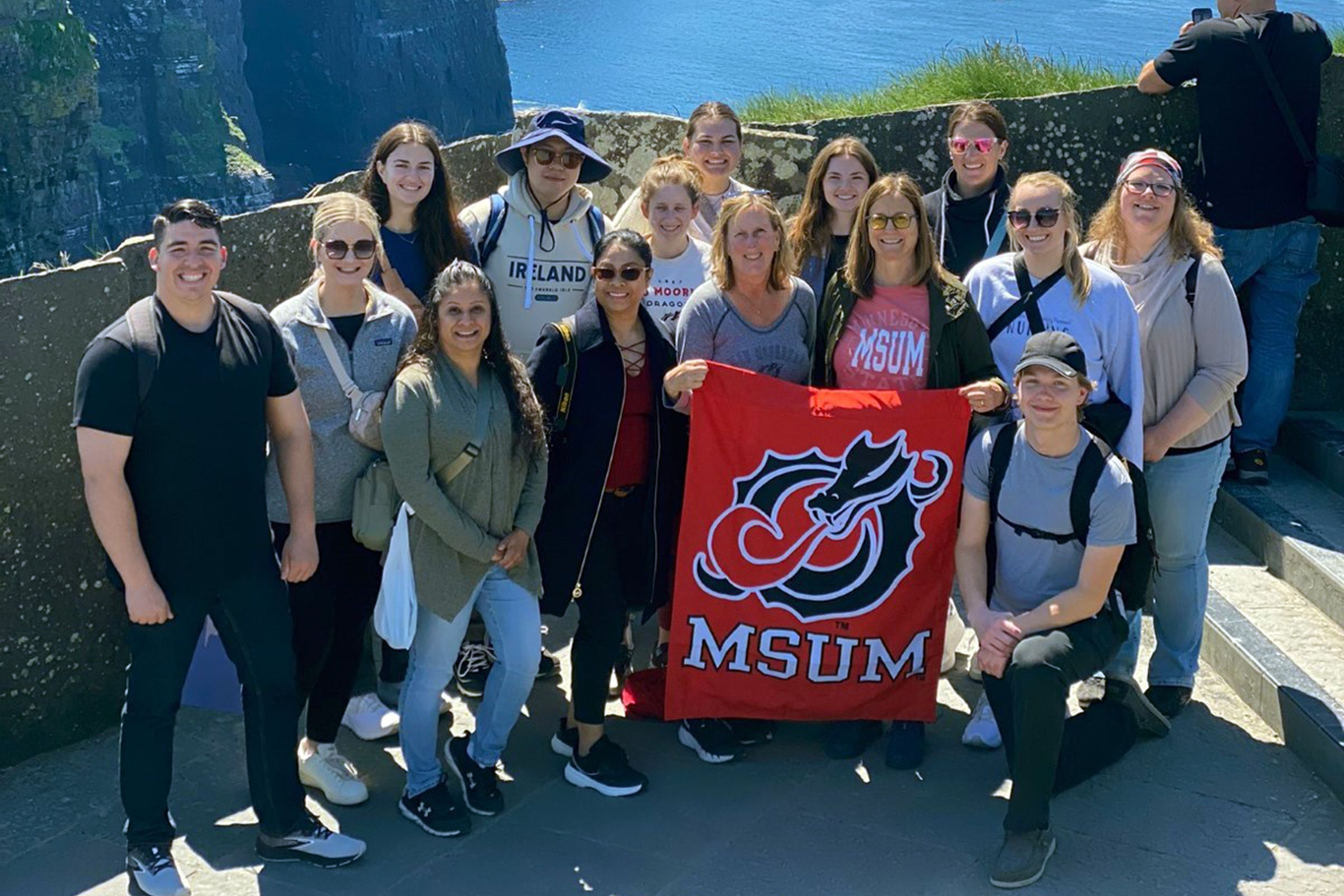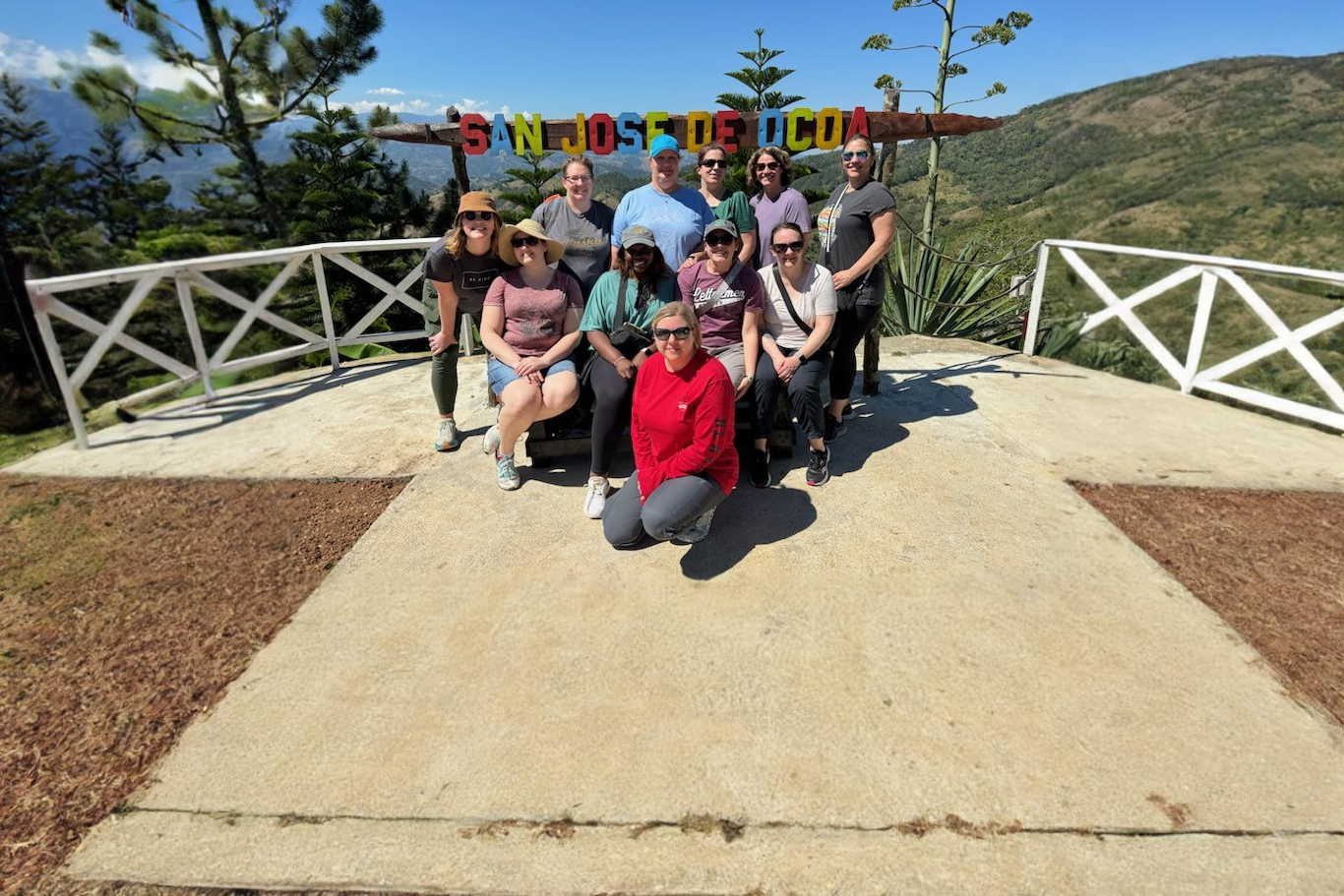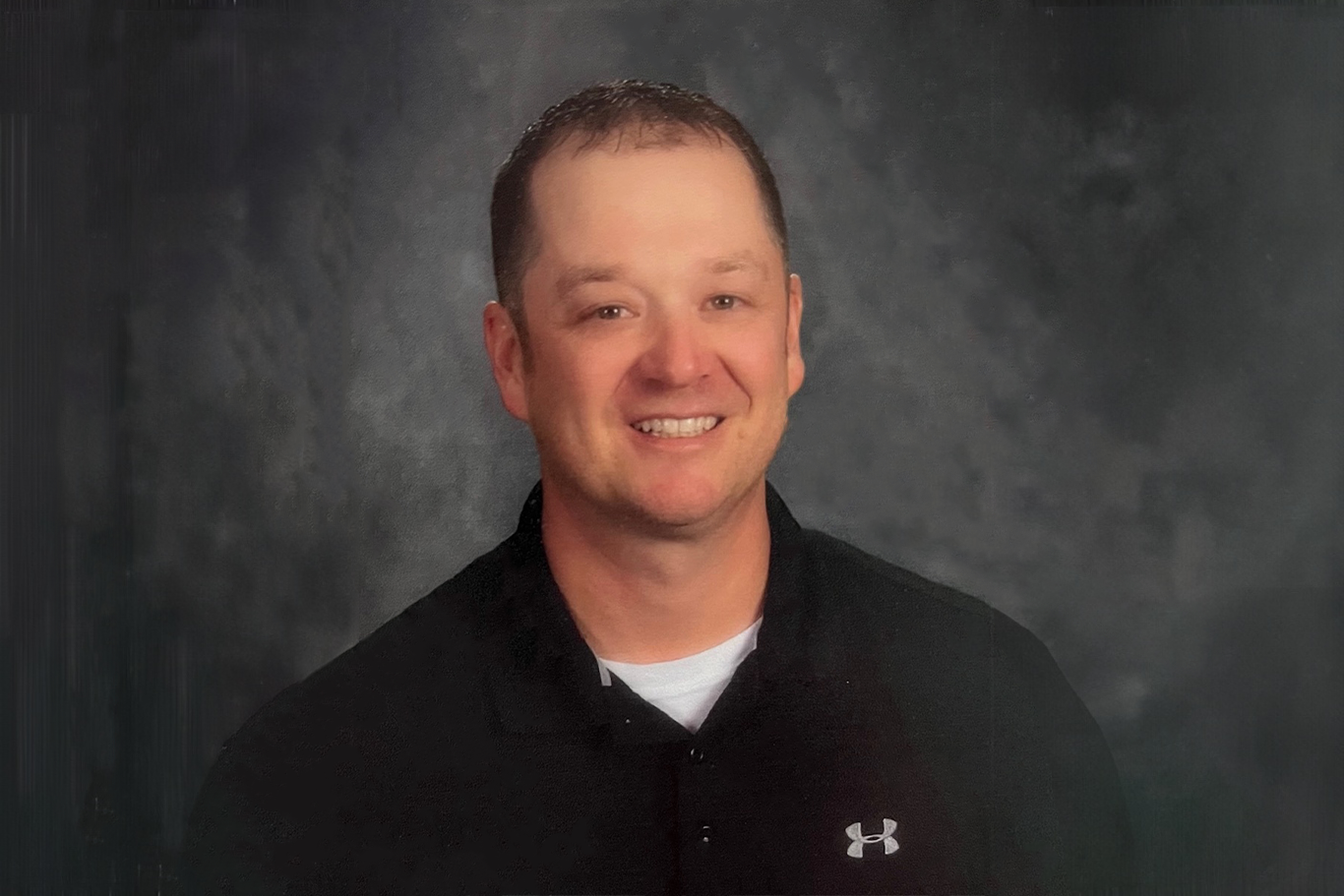Speech-language pathology student explores how cultural competence influences diagnoses of signed language disorders
An undergraduate degree requirement to study two semesters of a foreign language became the inspiration for Speech-Language Pathology graduate student Kelsey Thorsness’ portfolio project.
Kelsey chose to study not a spoken or written language but a signed one.
“It’s a beautiful language and it’s one of the most popular languages taught in the U.S., especially for little kids,” Kelsey said. “After two semesters, I wanted to continue learning more.”
Kelsey earned a minor in sign language and has continued exploring American Sign Language (ASL) in graduate school at MSUM. For her master’s portfolio project, she investigated the differences between formal language assessments for individuals using ASL and English, the importance of cultural knowledge, and the role of the speech-language pathologist (SLP) in diagnosing a signed language disorder.
“I was interested in finding language disorders or differences between English and sign language. Just like other languages, sign language has different grammatical characteristics. And English is weird anyway,” Kelsey laughed. “Kids using sign language who may be part of Deaf culture or have a deaf diagnosis are signing way differently than they may be writing or speaking.”
During her research, Kelsey was surprised to discover that despite ASL’s common usage, most tests used to diagnose signed language disorders were copyrighted in the late 1990s—old by research standards. And while tests are typically updated as the world changes and technology advances, Kelsey’s research showed a limited number of accessible and adaptable tests for SLPs to diagnose these disorders. For example, while kids growing up in the 90s were intimately familiar with a corded house phone’s limited reach, kids looking at the test nowadays would be confused about the object’s purpose.
Ultimately, Kelsey hopes to use the results of her research to better serve her future clients.
“It would be nice to identify if there is a language disorder and if there is, if it’s apparent in both languages. Then, we can design a plan of care to best fit success and prognosis within therapy.”
Kelsey, whose passion lies with pediatric therapy, will be working with children in the Fargo-Moorhead area following her graduation in May. Her research will provide an additional modality of communication between her and clients who may be familiar with signs used by infants and toddlers, or are part of the d/Deaf community.
“With on- and off-campus experiences, I have provided services for a wide variety of clients in the field,” she said. “I feel very comfortable and confident, which is really nice going into graduation and starting a job. MSUM has provided us [SLP students] with a lot of breadth so we can then go into the depth of what we really like.”
To learn more about Kelsey’s research on cultural competence, formal assessments and the role of the SLP, join her online presentation at the Student Academic Conference on April 20. A link to her presentation, along with details on other speakers and topics, can be found on the Student Academic Conference website.
Make Sure Your Story Is Heard
Let us know how your life has been changed by being a Dragon: tell us your MSU Moorhead story today!
Send Us Your Story


